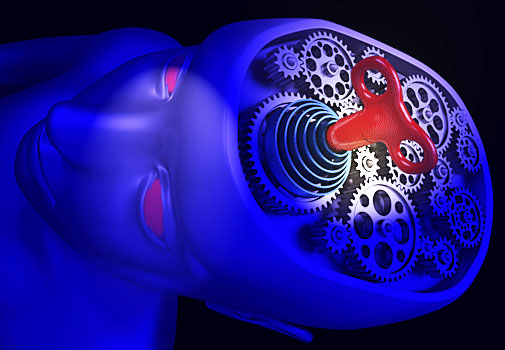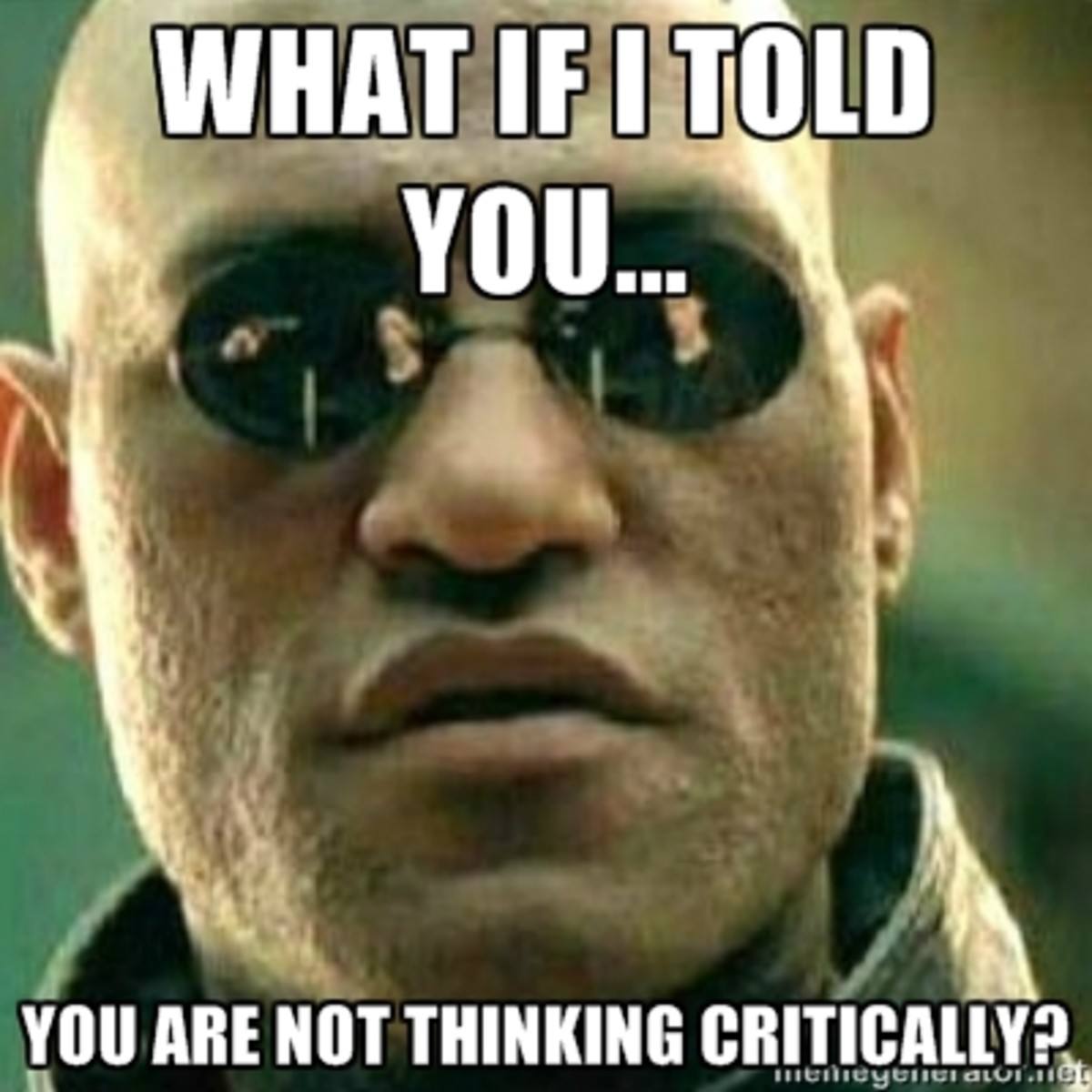Become a better thinker by avoiding logical fallacies and cognitive biases

Language evolved as a result of early humans’ urge and necessity to communicate with each other. Earlier they communicated through gestures. Language reinforced cooperation among people thereby increasing their chances of survival. The irony is that the same instincts that helped us evolve, also make our verbal expressions fraught with fallacies and biases. We are evolved to survive and not to disseminate truth, and most of the times we say something not to convey truth but to serve some selfish purpose. Despite all the inadequacies we are the paragon of animals: we write stories, argue in court of law, and debate over the nature of consciousness. Still our expressions and arguments are often flawed. Our rationality is still overpowered by our emotions and instincts; we can do better.
Types of logical fallacies and biases that often pollute our arguments have been identified and given highfalutin names. Don’t worry about the names, knowing what they mean will help you become aware of the common mistakes we all make while expressing our thoughts and arguments. It will help you become a better thinker and win arguments (The Darwinian instincts are difficult to tame).

Argumentum ad hominem
The logical fallacy of evaluating a statement by giving more value to who is saying that rather than what is being said. If you declare some statement is wrong because you know the person who has delivered it is a fiend, then you are committing the sin of ad hominem. Always evaluate things objectively, not subjectively.
Argumentum ad populum
Something does not become true if many people, or even majority of people, believe it is true. If someone says: “No one has landed on the moon, there are many people who believe that the Apollo mission was a hoax created by the US Government”, then that person’s argument is false according to the ad populum fallacy. For thousands of year, people believed that Earth was at the center and the sun orbited it. Even today how many people know that time is not absolute as our common sense makes it appear, Einstein’s theory of relativity says that time is the fourth dimension of space and so the flow of time is different for everybody. Quality is more valuable than quantity; an expert is more reliable than a thousand laymen.
Argumentum ad ignorantiam
Some proposition is not true because it can not be disproved, or it is not false because it cannot be proved. The god of the gaps argument is a typical example of argumentum ad ignorantiam (argument from ignorance). Since there are so many natural phenomena which have not been explained scientifically, the creationists claim that it is a proof that God exists. According to scientists, science has successfully explained many phenomena of which there were no explanations earlier but there are still available ‘gaps’ of unknown and the theists place God there.
Another term that is often used in conjunction with ad ignorantiam fallacy is the burden of proof. Usually, the burden of proof lies on the claimant to prove his claim. This is important because anyone can make hard to prove outrageous claims; these claims cannot be taken seriously, it will be sensible to pay heed to such a claim only if the claimant has come up with a verifiable proof. The famous philosopher Bertrand Russell’s teapot analogy very effectively describes both ad ignorantiam and the burden of proof.
“If I were to suggest that between the Earth and Mars there is a china teapot revolving about the sun in an elliptical orbit, nobody would be able to disprove my assertion provided I were careful to add that the teapot is too small to be revealed even by our most powerful telescopes. But if I were to go on to say that, since my assertion cannot be disproved, it is an intolerable presumption on the part of human reason to doubt it, I should rightly be thought to be talking nonsense.”
Argumentum ad verecundiam
Ad verecundiam is Latin for appeal to authority. Like ad hominem this fallacy is committed due to assessing something subjectively. Appeal to authority is probably the most dangerous of all the logical fallacies. Ordinary people are simple and gullible. They revere their leaders and trust them to the extent that whatever their leaders say, sounds absolute truth to them. Politicians exploit this vulnerability to perpetuate their propaganda. Never give in to ad verecundiam; question everything and do not accept anything as true without examining it thoroughly, it does not matter whether the führer says it or his holiness.
Confirmation Bias
The whole industry of astrology flourishes on exploiting people’s confirmation bias. Our minds notice, collect, and give more value to data that conform our beliefs and ignore the ones that negate them. This proclivity is called Confirmation bias. Astrology would die in a day if its practice depended only on the astrologers’ ability to prophesize; people believe in it because they want to believe in it. People do not count how many prophesies did not come out to be true, they remember even a single fluke that hit the mark. They forget the fact that even a damaged clock shows correct time twice daily.
Affect Bias
Watching TV for even an hour can make you feel that the ‘dandruff problem’ is the greatest problem humanity is facing today. It was an over exaggerated statement, but the shampoo companies do want to make us feel that way. The affect bias is the deep-seated tendency to make judgements based on likes or dislikes. Like most of the cognitive biases, the affect bias swims in our subconscious and our judgements are highly influenced by it. An employer can select the male interviewee over the female despite the latter having slightly better career record. Advertisers are familiar with this aberration of the mind and they capitalize on it than no other. They show how a gorgeous girl loses all her friends because of her body odor. This makes such an impact on your subconscious that when you go to the supermarket next time and you see that deodorant which kills body odor, you slip it in your trolley because you cannot afford to lose friends.
These were a selected handful of logical fallacies and cognitive biases which frequently affect our thoughts and reason. There is a myriad of such fallacies, biases, and illusions of which our minds fall prey to. Here is a list of important few:
-
Knowing these fallacies and biases and setting your mind free of them will make you a better thinker. It will protect you from falling prey to propaganda, superstition, and covert coercions.






